
A handy guide to different types of vitamin C for skin
The essence of Vitamin C in our daily lives needs no special introduction. From providing health benefits to skin benefits, this mineral has proved its importance every time. However, this form of ascorbic acid has shown incredible skincare benefits. Vitamin C is one of those rare universal micronutrients that can be used in any skincare product, from Sunscreen and serums to moisturisers and masks.
It is such a flexible component that it can be paired up with almost all other skincare components like retinol and niacinamide. In this article, you will get a comprehensive overview of the different types of vitamin C and how to infuse it in your daily skincare routine. Scroll down for the detailed information.
What is vitamin C
Vitamin C is a water-soluble nutrient that is mainly responsible for the regeneration and regrowth of cells. L-ascorbic acid is the best and the purest form of Vitamin C. This nutrient helps accelerate the production of a protein called collagen and fights free radicals. This protein is majorly responsible for repairing wear and tear of tissues, forming skin cells, etc. This also enables Vitamin C to arrest anti-ageing by increasing the elasticity of the skin cells.
Additionally, it helps in forming a skin barrier along with retaining the right amount of moisture. Furthermore, it can also effectively deal with skin inflammations and various other skin conditions, thanks to its antioxidant and anti-inflammatory properties. Moreover, it can also soothe skin from various irritations and help reduce itchiness. Hence, learning how to integrate Vitamin C into your skincare regime is paramount to ensure radiating and glowing skin.
What are the different types of vitamin C
If you had just thought that there is only one type of Vitamin C, then you are quite wrong. Rather, there are six major types of Ascorbic Acid regarding the skincare routine. While each of them has its benefits, to gauge the efficiency of a product, using the best form of this acid is necessary. Let us look at the six kinds of Vitamin C commonly present in popular skincare products.
-
Ascorbic acid
Most of the skincare labels, like The Pink Foundry's Vitamin C serum, feature this name in their ingredient list as this is one of the purest and highest forms of ascorbic acid. This form is known for its anti-ageing properties and effective dealing with skin pigmentation. However, keep in mind that the concentration will differ according to your skin type. If you are not sure what the perfect pH and concentration for your skin are, make sure to get professional help.
-
Sodium ascorbyl phosphate
This is a derivative of the original product but in no way less beneficial. In fact, for those with sensitive skin, products integrated with this derivative are proven to be much more beneficial. The reason is that this is less intense than Ascorbic Acid. However, they offer more or less the same kinds of advantages.
-
Magnesium ascorbyl phosphate
There are multiple benefits of this type of Vitamin C. It is the most stable form of the nutrient and offers major advantages like skin hydration and treating skin conditions like acne and blackheads. The antioxidant property present enables it to treat skin pigmentation from acne effectively.
-
Sodium ascorbate
This is the sodium salt derivative of Ascorbic acid, which is majorly beneficial for fighting free radicals. This, in turn, helps it to deal with skin discolouration and various skin irritations properly.
-
Calcium ascorbate
Another mineral salt derivative of Ascorbic acid is Calcium Ascorbate. It offers multiple benefits like skin hydration, fighting free radicals, eliminating fine lines and wrinkles, boosting collagen production, etc. However, the intent is lower than that of Ascorbic Acid.
-
Ascorbyl Palmitate
For all of you with sensitive skin products, this version of Vitamin C is your appropriate option. It can effectively enhance collagen production, treat uneven skin tone, and improve skin texture.
How to add vitamin C to your skincare routine
Integrating Vitamin C does not mean just applying the nutrient separately. Rather, for a noticeable outcome, you need to use it in a routine properly. The infusion will depend on the type of topical variant you are using. Let us look at the major ways you can add Vitamin C to your routine.
-
Face Wash
If you are using it as a cleanser in a face wash, then you need to begin with the product. Cleansing your face is paramount because it cleans your pores and lets the following products penetrate the surface layer of the skin.
-
Toner
In the case of a Vitamin C toner, you must use it after cleansing your skin. If the toner has ingredients like niacinamide, then that is an added benefit because they can be blended to enhance beneficial activities.
-
Exfoliator
As an exfoliator, make sure to use it after the toner but certainly before other heavier variants like moisturiser and sunscreen. However, do not overexfoliate, or the skin will succumb to dryness and itchiness.
-
Serum
If you are missing out on exfoliating, then applying serum is the next step after layering your skin with a toner. The best product here is definitely Pink Foundry’s ultimate Vitamin C serum, which is compatible with all skin types.
-
Moisturiser
As this is one of the heavier skincare products, moisturising should be done just before applying sunscreen for the daycare routine. However, the Vitamin C moisturiser will be the last layering for night routines.
-
Sunscreen
In the case of Vitamin C sunscreen, you need to apply it at the end of daycare routines. However, make sure to use a hybrid broad-spectrum sunscreen, which has a higher SPF quotient than 30.
Also read: Vitamin C Serum Uses and When to Use It
Which is the best type of vitamin C?
The best type of vitamin C is the L - ascorbic acid. It is mainly popular for fighting free radicals, reducing fine lines and wrinkles, and boosting the collagen production of the skin. Hence, it helps to repair tissue damage, enhance cellular elasticity, etc. The best time to use the Vitamin C product is at night as our body goes into a resting phase and the repairing activities of the cells begin. Thus, as this nutrient helps repair and regenerate, the entire process of healing is enhanced.
Conclusion
Vitamin C is undoubtedly one of the most essential ingredients of skincare routines. However, what matters the most is the concentration and variant of the micronutrient. In order to achieve desirable outcomes, make sure to use products that match your skin type.
Also read: Skin changes to expect after using a vitamin C serum consistently
FAQs:
1. Is Vitamin C good for all skin types?
Mostly, it is beneficial for all skin types. However, in the case of sensitive skin, it is best to use the less strong derivatives of the nutrient.
2. How do I add Vitamin C to my skincare routine?
This depends on the topical variant into which the nutrient is integrated. However, in the case of Pink Foundry’s Vitamin C serum, use it right after the toner or exfoliator and before moisturiser or sunscreen.
3. What is the purest form of Vitamin C?
L-ascorbic acid is the best and purest form of Vitamin C. Make sure you are opting for the concentration and pH level of the nutrient.






















































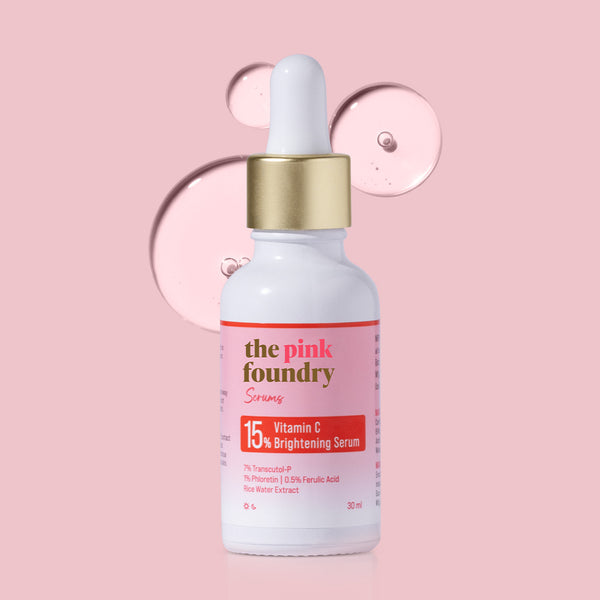


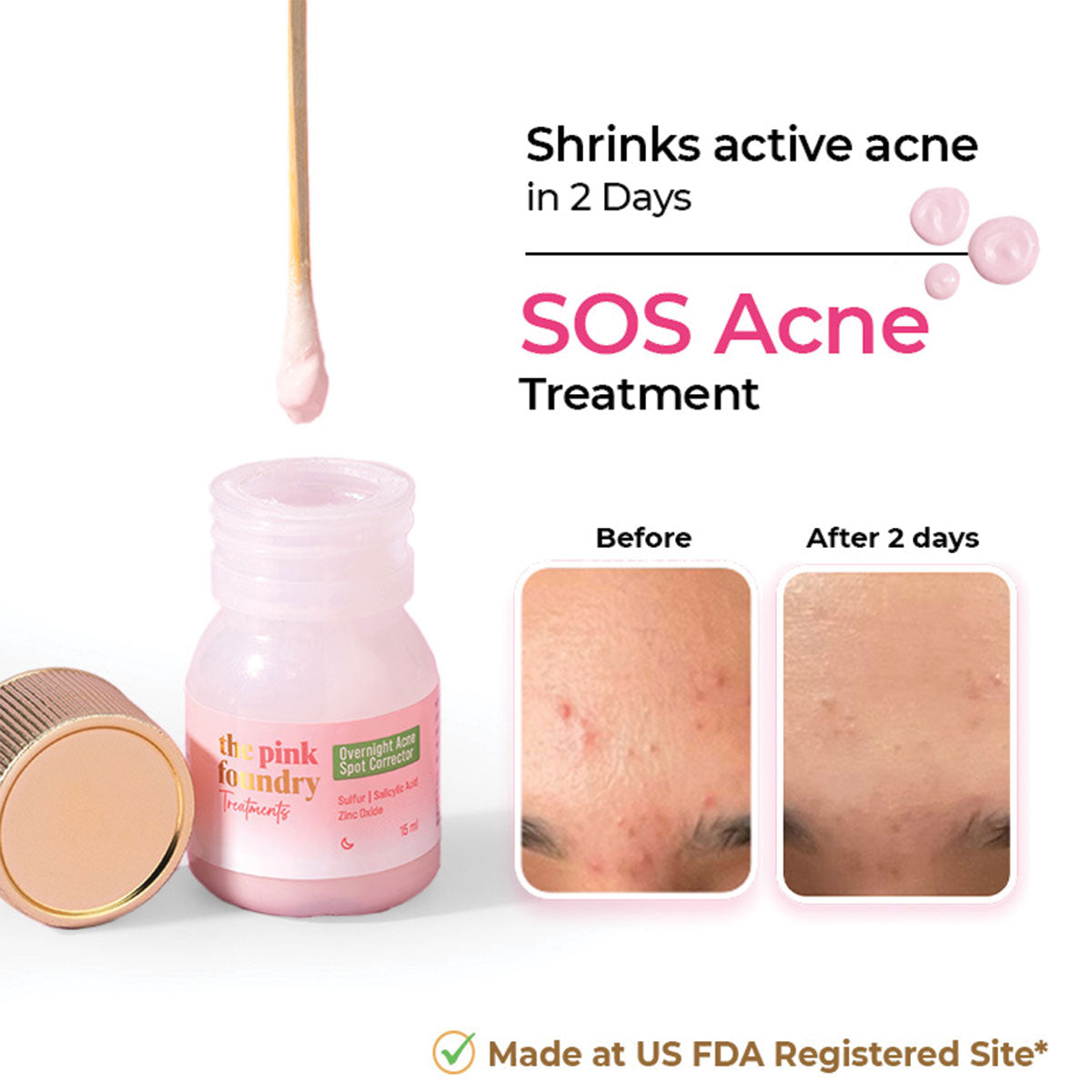
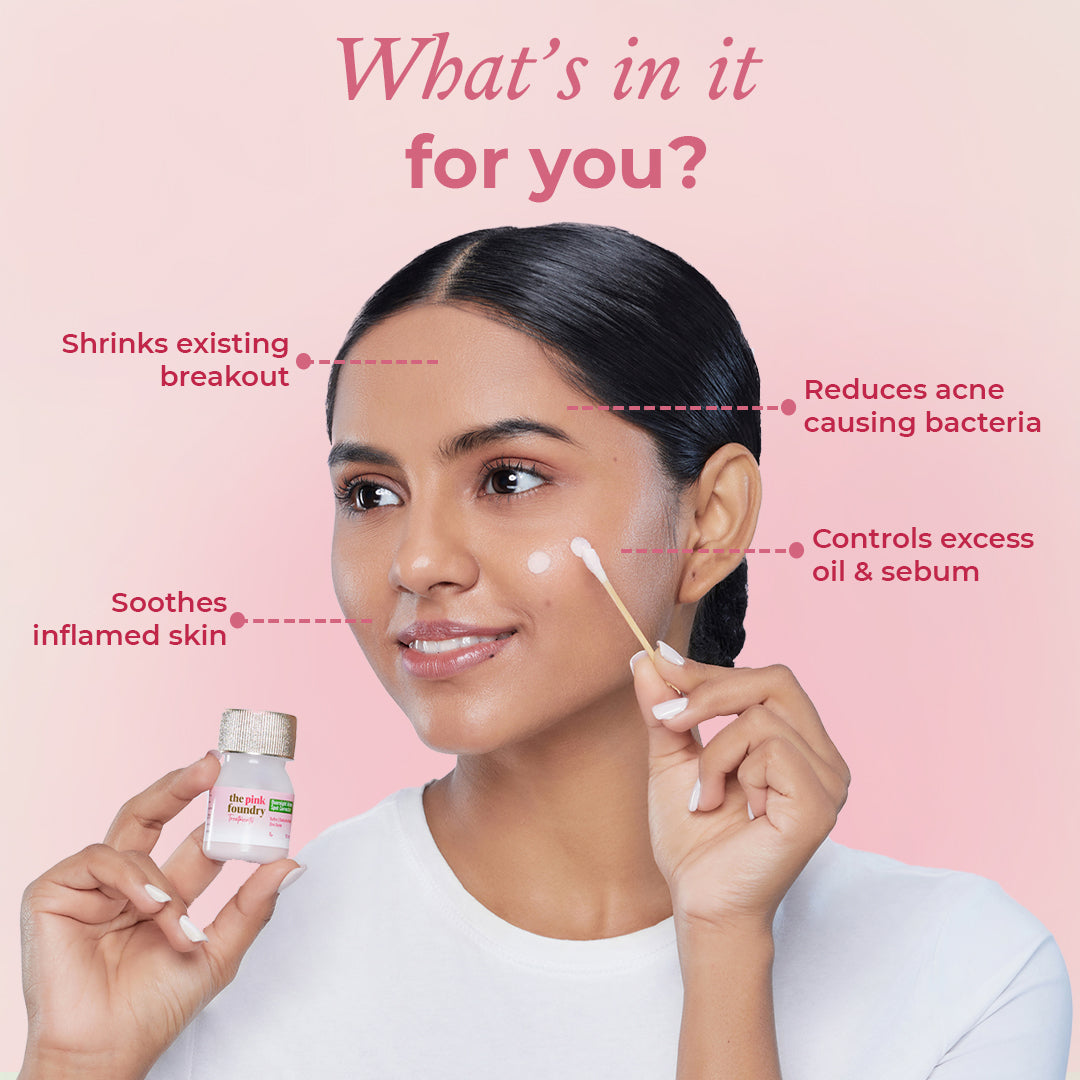


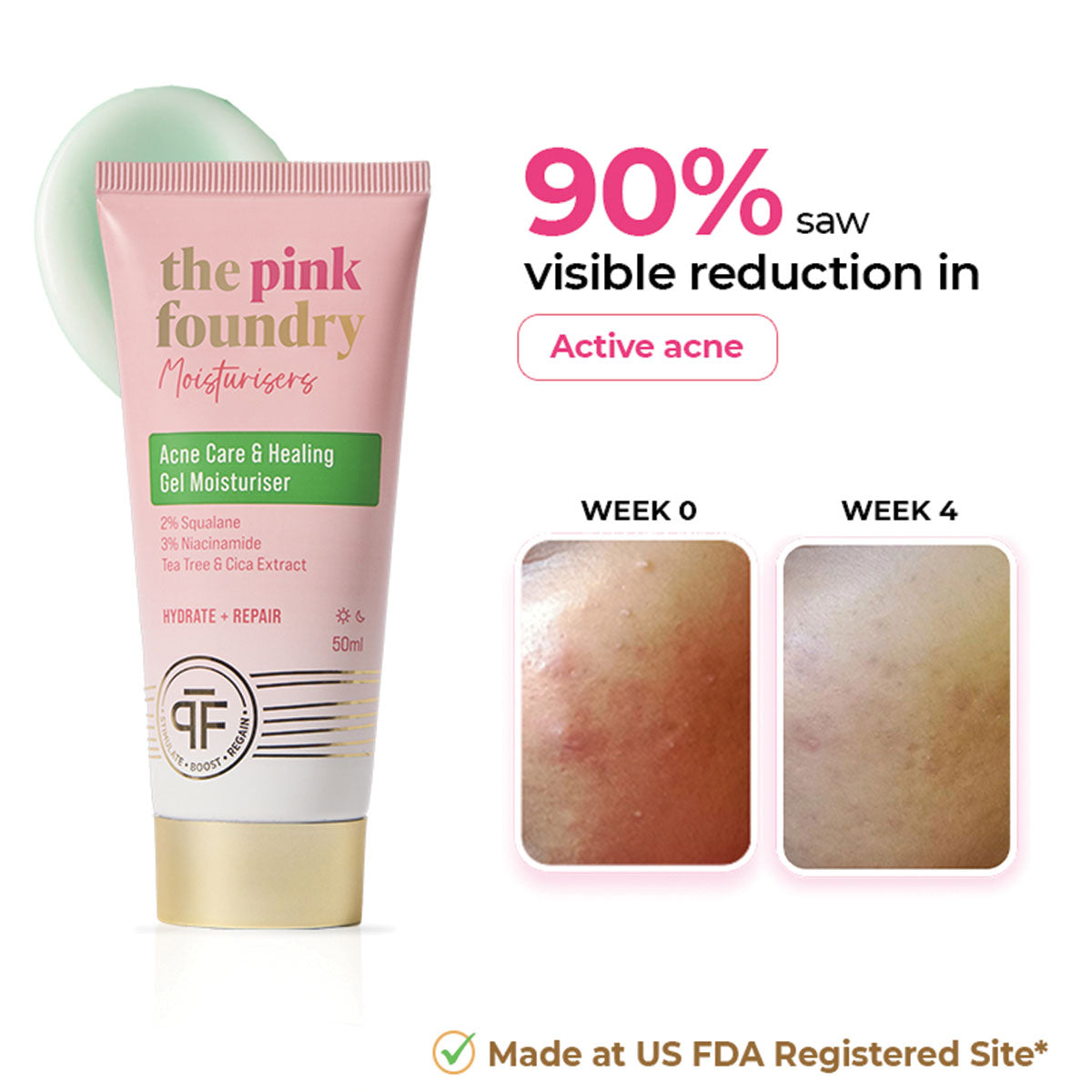
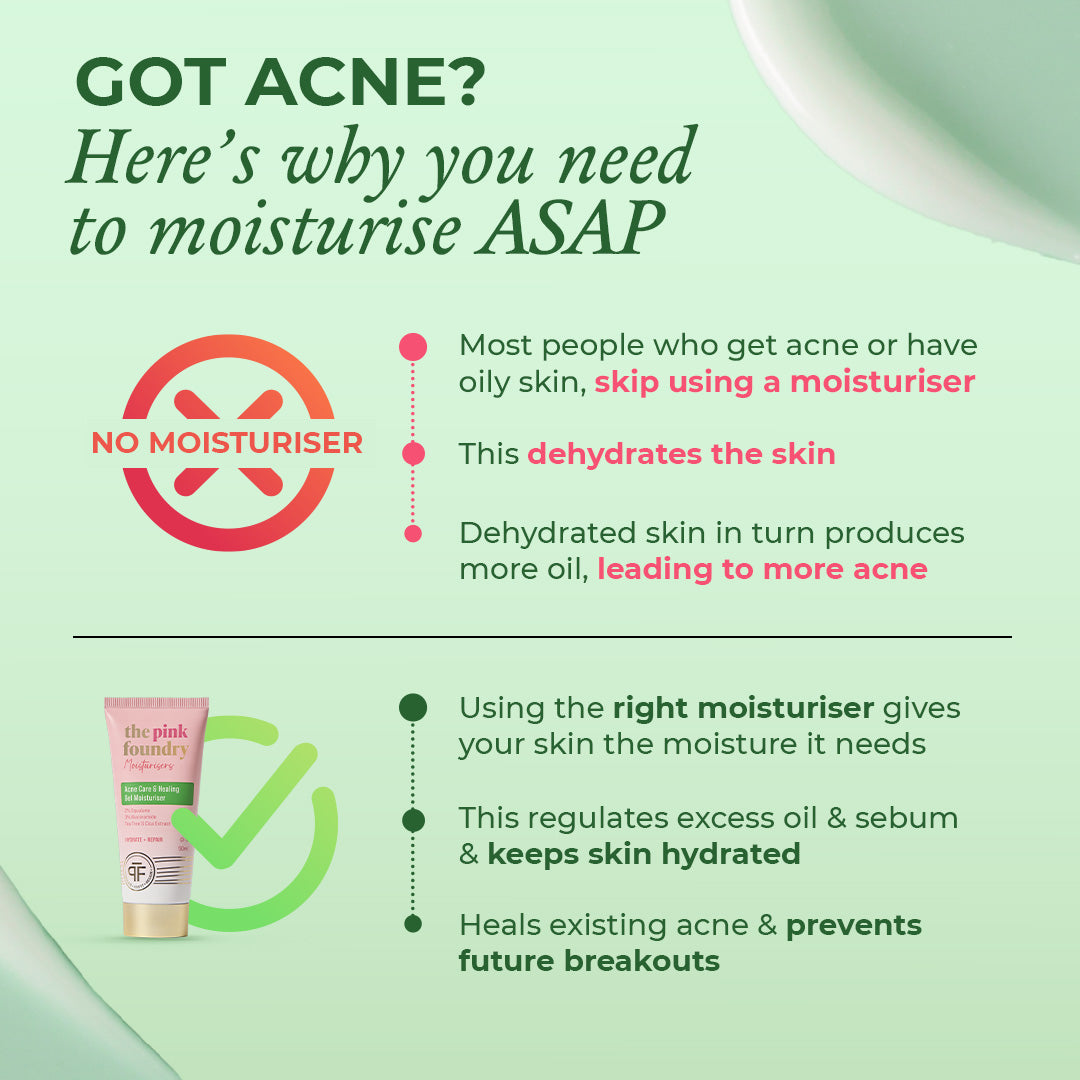










Leave a comment
This site is protected by hCaptcha and the hCaptcha Privacy Policy and Terms of Service apply.